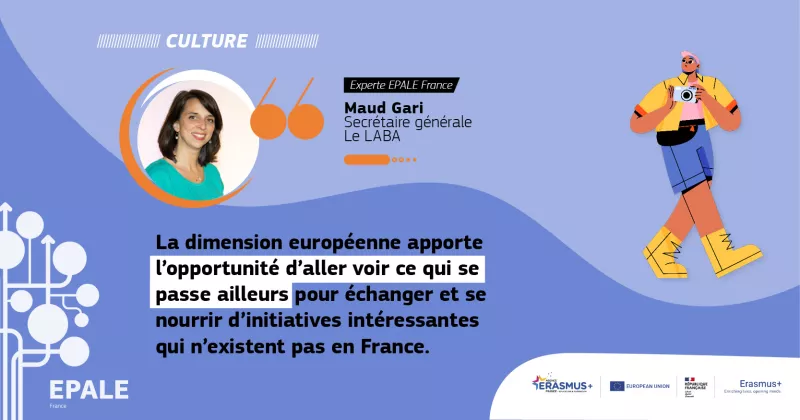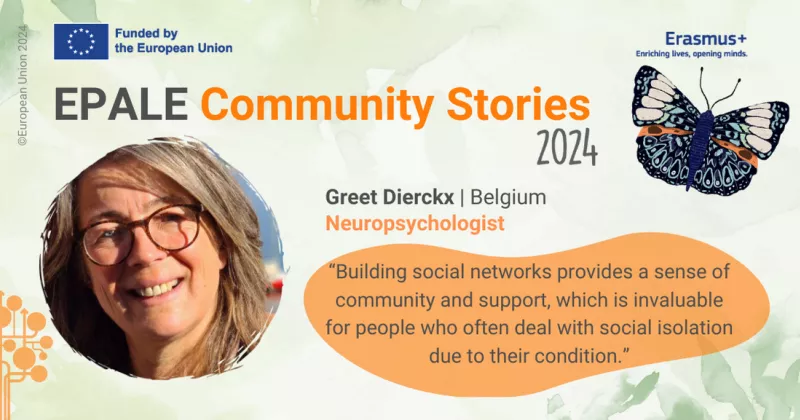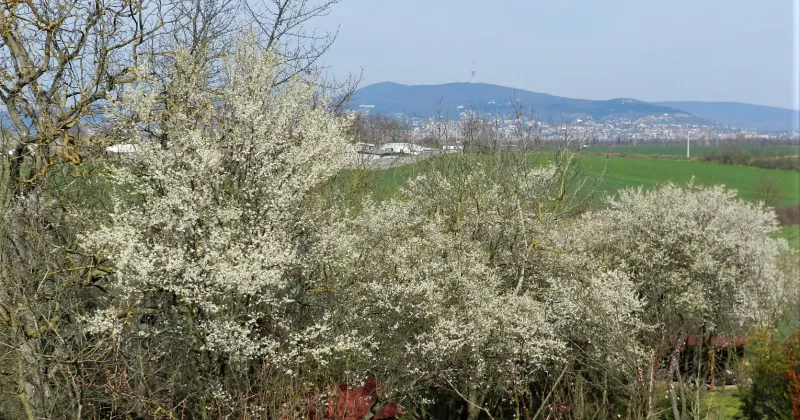Council Recommendation: Lifelong learning to support the green transition

On 16 June 2022, the Council of the European Union adopted recommendations on learning for the green transition and sustainable development. This document outlines a series of guiding principles and actions and encourages Member States to establish learning for the green transition and sustainable development as a priority area in education and training policies and programmes. It is based on the premise that learners of all ages and backgrounds can access high-quality, equitable and inclusive education and training on sustainability, climate change, environmental protection and biodiversity, with due concern for environmental, social and economic considerations. An accompanying staff working document has also been compiled to support policymakers, educators and all individuals and organisations working on environmental sustainability in the education and training sector.
The role of education in the green transition
The Recommendation paves the way for the recognition of the crucial role of education and training in the efforts to achieve the goals of the European Green Deal. In 2019, in fact, the European Union acknowledged that climate change and biodiversity loss are threats that require decisive actions; these actions include support to education and training systems, that have been rightfully identified as the main carriers of change and can therefore support such efforts. According to the Recommendation, sustainability should be taught and learned transversally, both as an integral part of the curricula and in non-formal and informal settings.
The role of lifelong learning is clear, as we read that the European Union encourages Member States to provide “high-quality lifelong learning for the green transition and sustainable development, including traineeships, apprenticeships, volunteering, extra-curricular activities, youth work activities and other forms of formal, non-formal and informal learning and the links between them”.
Adult learning is also given a remarkable place, in particular as it is mentioned explicitly in most headings. Member States are encouraged to offer lifelong learning opportunities - training, professional learning, VET, etc. - targeting adults in particular.
Empowering educators
The Recommendation sets out a clear roadmap to embed “learning for the green transition” across policy areas and learning subjects. It dedicates a large part of its "asks" to empowering educators. In particular, it recognises the role of all educators from all education sectors, and calls for “transformative and interdisciplinary teaching and learning using both traditional and innovative learning approaches”. The “educators’ initial training and continuing professional development” sees a dedicated area, with funding available through the Erasmus+ programme, but also through Horizon Europe and other EU programmes.
The European Commission has also been tasked with the role to develop resources for educators and policy-makers, including online courses on whole-school approaches to green education and sustainability. Platforms such as EPALE were explicitly mentioned as a good place to exchange relevant practices.
Opening photo by Lina Trochez on Unsplash





